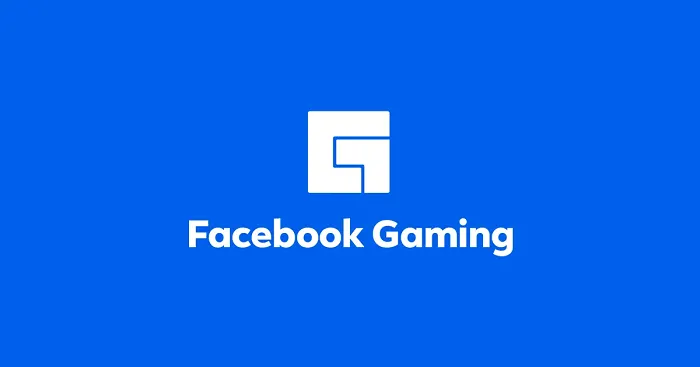Facebook Gaming Creator Program: A Shift in Strategy
Facebook’s relationship with gaming streamers has always been a bit of a rollercoaster ride, and recent developments indicate a significant shift in focus. The social media giant recently announced that its Gaming Creator Program will officially close its doors in 2026. This initiative, which started in 2018 as a way to support gaming creators, has been a vital tool for many streamers seeking to carve out their space in the competitive online gaming landscape.
History of the Gaming Creator Program
Launched in 2018, the Gaming Creator Program was designed to give gaming creators early access to new features, provide reliable support, and offer monetization opportunities through live-stream donation tools. For many streamers, this program represented a crucial lifeline, allowing them to engage with their audience and earn income directly from their fans.
However, the winds of change are blowing, and Meta, Facebook’s parent company, has decided to scale back its commitment to this specific initiative. As the focus shifts, gaming creators will now be integrated into broader creator monetization programs.
The Announcement
In a recent communication, Facebook stated:
“The Facebook Gaming Creator Program is going away in 2026. Dedicated partner support for this group will no longer be available starting 10/31/2025. Creators will still be able to use monetization tools until the Facebook Gaming Creator Program ends in 2026. We encourage you to check out other ways to earn money on Facebook, like monetizing eligible content through Content Monetization and earning directly from your fans on Facebook Subscriptions.”
This announcement is significant for gaming streamers. While the direct support will fade, they will still have access to many of the monetization tools available to other creators on the platform.
A Shift in Focus
What does this mean for gaming streamers? It appears that Meta is no longer prioritizing gaming as a specific category. Historically, Facebook has seen growth in the gaming segment, even surpassing YouTube Gaming at one point in 2021 in terms of hours watched. But with new trends emerging, such as the rise of Reels, Facebook has reallocated its resources to focus on content formats that drive broader engagement.
As YouTube and Twitch continue to dominate the gaming streaming landscape, Meta’s shift seems aimed at optimizing their focus according to current market demands. The once-thriving gaming segments now appear to be nursing a more subdued status within Facebook’s overall strategy.
The Monetization Landscape
While the specific support for gaming creators is diminishing, it’s important to note that monetization options are still available. Streamers can continue to utilize tools like Facebook Subscriptions and Content Monetization, enabling them to monetize their existing audience without being confined to a dedicated gaming program.
However, the overall emphasis on gaming may lessen community engagement and growth opportunities. Given Facebook’s fluctuating priorities, streamers should stay aware of market trends and how these shifts could affect their strategies.
The Future of Gaming Content on Facebook
For creators who have built their communities within Facebook’s gaming ecosystem, the transition might pose challenges. While they will still be able to receive donations, the absence of dedicated partner support could lead to a decline in the involvement of creators who previously benefitted from the program’s unique offerings.
Creativity and adaptability will be critical for any creator looking to thrive on the platform moving forward. If you’ve relied heavily on the distinctions offered by the Gaming Creator Program, it may be time to reassess your strategy and explore different avenues for growth.
Navigating Changes and Building Resilience
It’s essential for gaming streamers to recognize that the digital landscape is always evolving. Business priorities shift, and platforms may reassess which demographics they prioritize. The key is to build a resilient approach that doesn’t lean too heavily on any one program, particularly one that’s already on the decline.
With an active community, streamers can maintain engagement and continue to monetize their content, even as the platforms they rely on undergo changes. By keeping abreast of these developments, creators can navigate this landscape more effectively, ensuring they adapt to changing priorities as needed.
While gaming creators have seen winds of change on Facebook, there remains room for adaptability and growth. This evolving landscape underscores the need for streamers to remain vigilant and open to new pathways to connect with their audiences.



